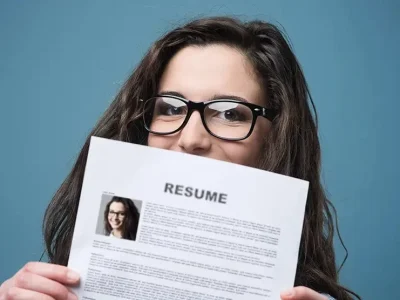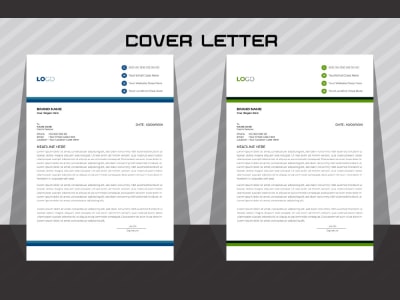German Cover Letters
A well-written cover letter can make all the difference.
Price
Delivery Time
Talent Details
71 german cover letters projects available
German Cover Letters FAQs
Is it worth paying for a resume or cover letter service?
Yes, it’s worth paying a professional writer or a consultant to help you write your resume and cover letter. As the employment landscape becomes more competitive, if you have compelling credentials or experience conveyed in a way that captures the attention of the employer via a polished letter and resume, you’ll have a clear advantage during your job search. If the choice is between two very similar job candidates, often the quality of the cover letter and resume is what makes the difference.
When you’re paying a professional to help you configure and refine your cover letter and resume, it’s best to think of it as an investment in your future. In the same way that a business uses advertising or a job seeker refines their LinkedIn profile, you should consider a cover letter and resume as your commercial, providing the all-important first impression to a prospective employer. And as the saying goes, you don’t get a second opportunity to make a first impression.
When you’re paying a professional to help you configure and refine your cover letter and resume, it’s best to think of it as an investment in your future. In the same way that a business uses advertising or a job seeker refines their LinkedIn profile, you should consider a cover letter and resume as your commercial, providing the all-important first impression to a prospective employer. And as the saying goes, you don’t get a second opportunity to make a first impression.
What skills should you put on a resume?
There are a variety of skills employers find important that should be included in your resume. Those skills include the following:
- Leadership. Most employers, even if filling an entry-level position, are interested in whether you possess leadership skills. There may be opportunities for advancement in many jobs, so articulating the leadership skills you have and examples where you have implemented them can prove advantageous.
- Communication. The ability to engage peers and senior staff is important to most employers. The ability to communicate clearly not only can help drive efficiency for your employer but can also save the company money.
- Organizational. By possessing organizational skills, you convey to your prospective employer that you are capable of understanding the work to be done and can accomplish tasks without much supervision and oversight.
- Time management. Effectively managing your time is a skill employers find valuable. Knowing that you will accomplish your tasks efficiently and use your time wisely not only positions you ahead of other candidates, but it can open the door for advancement as well.
- Problem-solving. Most companies are in the business of solving problems. With this skill, you can convey to an employer that you can overcome challenges and help streamline the operation in ways that benefit the company.
- Computer/software. In today’s work environment, almost everyone is expected to have some familiarity with computers and basic software, such as Microsoft Office. Most employers expect you to Include such skills in your resume and cover letter.
What should you write in a cover letter?
A cover letter is your calling card and an introduction to your resume. There are a number of components that make for an exceptional cover letter:
- Greeting or salutation. The greeting should be directed to a particular individual, if possible. Writing a cover letter to the hiring manager or director of human resources by name is better than writing “to whom it may concern.”
- Opening paragraph. The introduction to your cover letter should include why you are applying for the position. It should also include a key element designed to capture the attention of the reader and compel them to read further. An example of a compelling element might be “I offer a rare combination of skills that would benefit any employer, including proven leadership and familiarity with three languages.”
- Skills and how they benefit the employer. While your resume can provide details regarding your skills, mentioning those skills—and in particular, how they might benefit the company you are applying to—in your cover letter can whet the appetite of the reader and encourage them to read your resume.
- Resume reference. Although you may touch on skills and capabilities contained in your resume, it’s always helpful to encourage the reader of a cover letter to review your resume.
- Contact details and closing. Once you’ve conveyed the reasons the employer should consider your candidacy, providing contact details and a closing nicely wraps up your cover letter and hopefully leads the hiring manager to reach out.
Which is more important, cover letter or resume?
While both components of the job-seeking process are important and should be used together, a resume usually provides more detail regarding your skills and potential as an employee and therefore is usually the more important.
![An Interview WINNING Cover Letter [Tailor-Made] [IMPRESSIVE]](https://res.cloudinary.com/upwork-cloud/image/upload/c_scale,w_400/v1709931283/catalog/1444795647749861376/lrg04gpwbh7no2juhqpv.jpg)


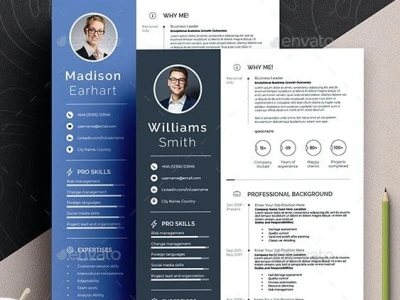

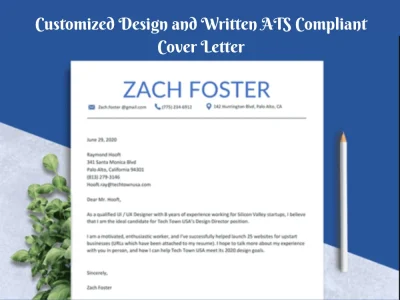

![An INTERVIEW WINNING cover letter [custom-made]](https://res.cloudinary.com/upwork-cloud/image/upload/c_scale,w_400/v1711470110/catalog/1772651417210507264/nvnepnarqxctntewkury.jpg)
![An Interview WINNING Cover Letter [Tailor-Made] [IMPRESSIVE]](https://res.cloudinary.com/upwork-cloud/image/upload/c_scale,w_400/v1707923728/catalog/1484188708748210176/wfdiyw7lecoyme5ivsre.webp)
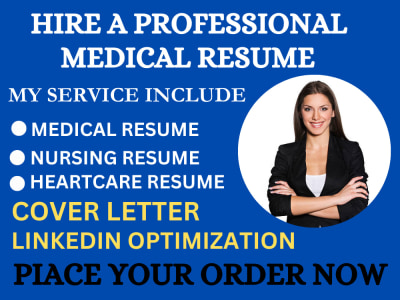


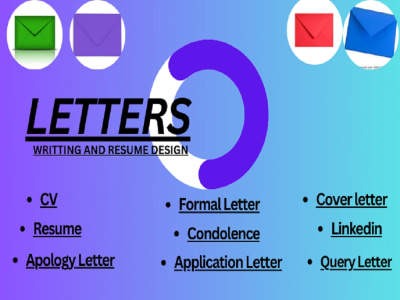

![ATS-Compliance Resume ll Friendly ll Cover letter ll LinkedIn SEO [CUSTOM]](https://res.cloudinary.com/upwork-cloud/image/upload/c_scale,w_400/v1708011689/catalog/1510688800324423680/dvx9pyvrdmdwp38ownao.webp)
